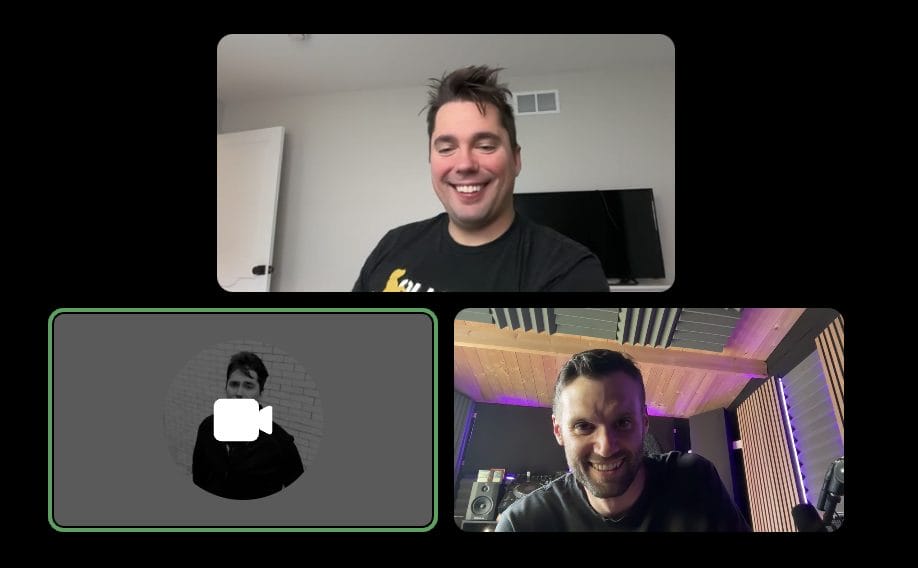Bound To Divide’s story is the definition of persistence paying off.
He went from grinding out tracks in his spare time while working in IT to signing with labels like Monstercat Silk, landing music placements in Rocket League, building a thriving YouTube channel, and growing his sample pack business into something that even artists like Gorgon City are using. Along the way, he’s learned what it really takes to stay productive, organized, and focused as a modern producer—and that’s exactly why his approach to tools like Demmo carries weight.
Demmo solves the kind of problems Bound To Divide knows firsthand. Instead of juggling half a dozen apps for file sharing, version control, and feedback, it streamlines the entire process with lossless streaming, heatmap analytics, trackable share links, and built-in project management. It’s the kind of platform that gives you clarity when you are sending tracks to labels, working with collaborators, or simply trying to keep your own workflow on track.
In this interview, Bound To Divide breaks down how Demmo has been built to fit the real way producers work—and why it has the potential to remove one of the biggest bottlenecks in the studio: managing your music after it’s made.
What pain points in your own workflow pushed you to start building Demmo?
I was constantly hopping between SoundCloud for sharing and Dropbox for storage, and each felt half-baked for what I really needed.
On SoundCloud, if I wanted to send the same track to three different labels, I had to upload it three times to generate three private links. Then, any update meant replacing the audio in all three spots. I couldn’t group versions together, add change notes, or organize projects into folders.
I also had zero insight into which parts of a track listeners were skipping or replaying, so I had no data to guide revisions. Dropbox’s sync was great, but audio quality suffered, and there were no analytics.
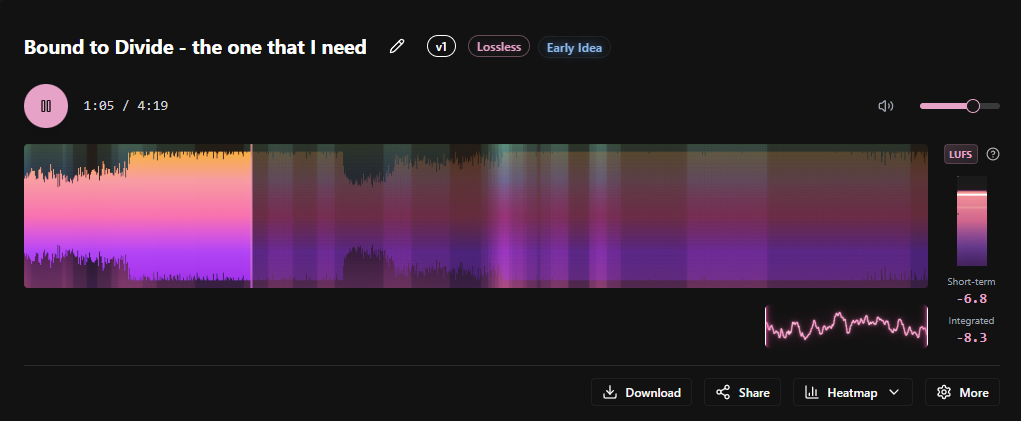
Essentially, I had an endless list of “would-if-only” features: multiple unique links for one track, heatmaps, version grouping, folder organization, lossless playback, and metering. None of the existing tools solved them all, and that frustration is exactly what led us to build Demmo, tackling each of those pain points one by one.
Why do you think existing tools hold producers back in the long run?
Tools like SoundCloud or Dropbox are fine for basic file sharing, but they were not built for iterative music production. They lack useful analytics, true version control, folder organization, project management, and granular privacy settings.
SoundCloud’s analytics only report total plays and downloads, so you have no idea where listeners skip or replay. Dropbox treats audio like any other file, which means ugly waveforms, no in-context feedback, and no A/B comparisons.
Over time you waste hours hunting down the right version, stitching together notes, and guessing whether key stakeholders listened or how much of the track they heard. Producers need a purpose-built audio workflow, not a generic file host.
What role do Demmo’s heatmaps play in helping producers make more informed mix decisions?
Demmo’s heatmaps turn raw play data into visual insights: you can instantly spot problem areas where listeners drop off or sections they loop to hear again.
That feedback isn’t subjective (“I think the intro drags”); it’s data-driven (“50% of listeners leave at 0:45”). Armed with that, you can tighten your arrangement, bring out a specific element, or rethink a transition before your next session.
How do custom, trackable links change the way you share projects?
I can send separate links to an A&R, a mastering engineer, and a few friends, then see exactly who listened, how many times, and view each of their individual heatmaps.
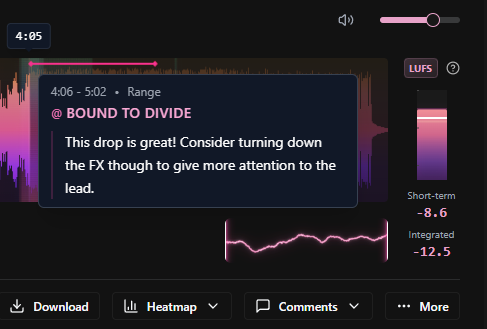
If one link leaks, I simply revoke that URL without affecting anyone else. I can control downloads and enable feedback or comments on a per-link basis.
It gives me granular control and real-time insight without the paranoia. Plus, when I replace the audio file, all my links stay intact—so I save tons of time by updating a single source rather than swapping out multiple uploads.
What’s been the most valuable piece of feedback from the beta community so far?
Our users drive every update through a public feature-voting channel in Discord, where they can suggest ideas and upvote their favorites.
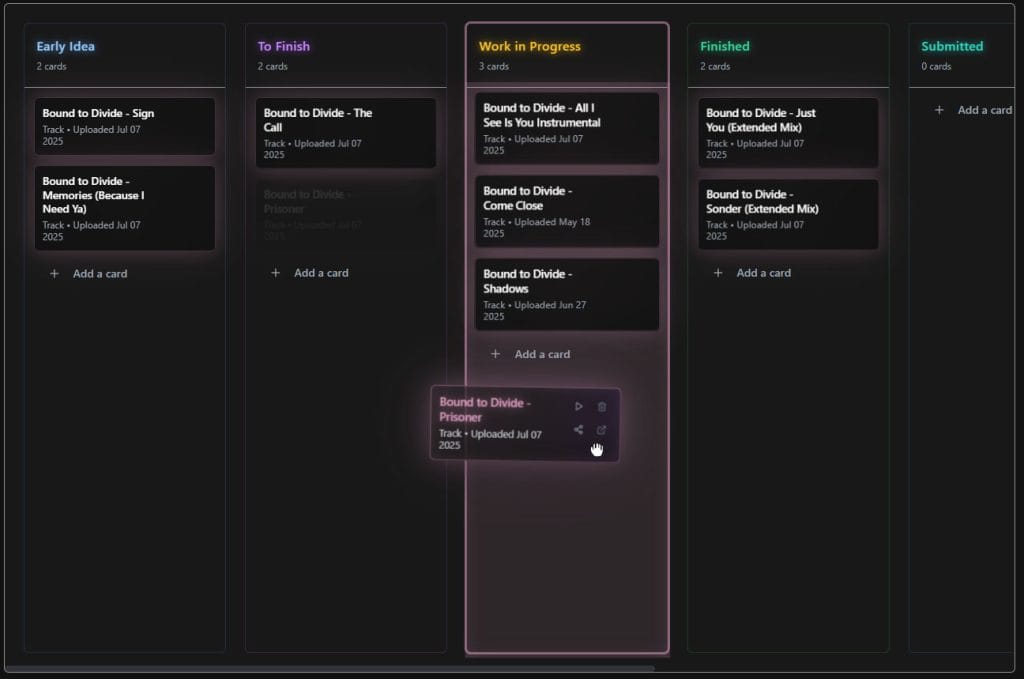
One early member explained how they were tracking track statuses, from early ideas to signed releases, using separate project-management software. That directly inspired our Kanban-style board, which now lets you view every demo’s stage (Early Idea, WIP, Signed, Released) in one place and attach notes to each card.
It’s a clear example of how our community doesn’t just test Demmo—they shape its roadmap.
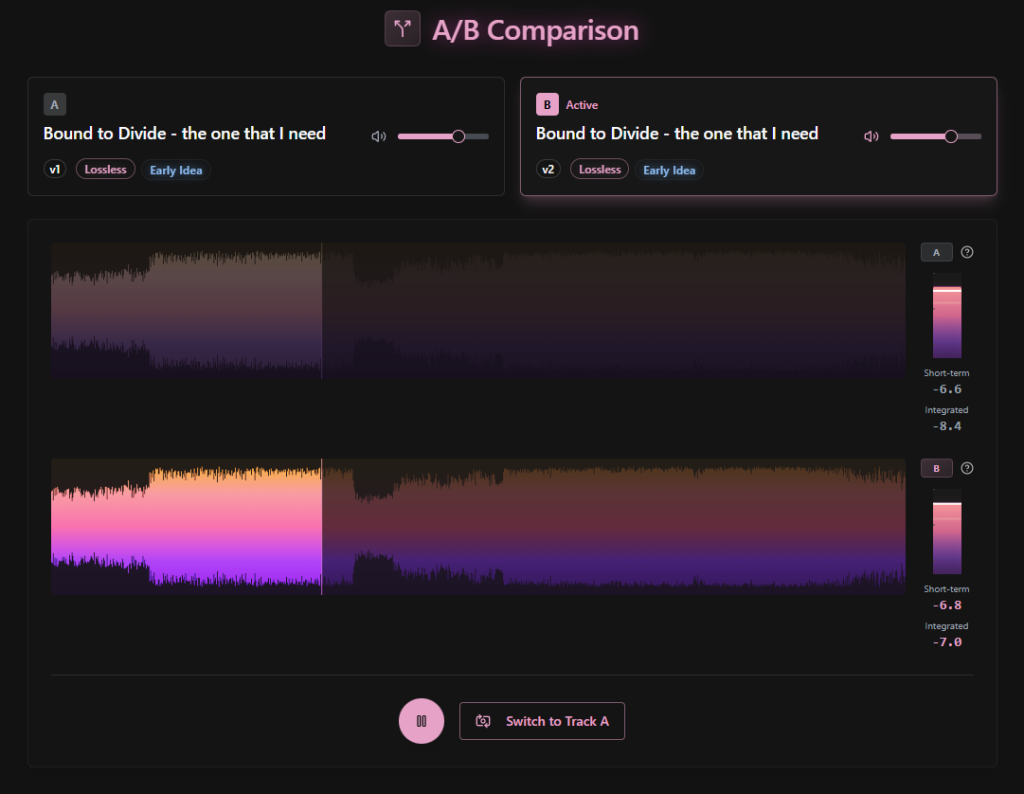
Who is Demmo ultimately built for, and how will that evolve?
At its core, Demmo is built for music creators who need more than just file sharing—producers, mix engineers, songwriters, and bands all seeking clarity, collaboration, and actionable insights.
As we grow, we will add a label-facing side to Demmo that creates a much more efficient workflow between labels, publishers, producers, and artists.
Our goal is for Demmo to be the single piece of software that producers use to manage their work from the first idea right up to release. We will continue building every feature necessary to make that journey better, faster, and more efficient.
The post Demmo Is Built for Producers—Bound To Divide Explains Why It Matters appeared first on Magnetic Magazine.






